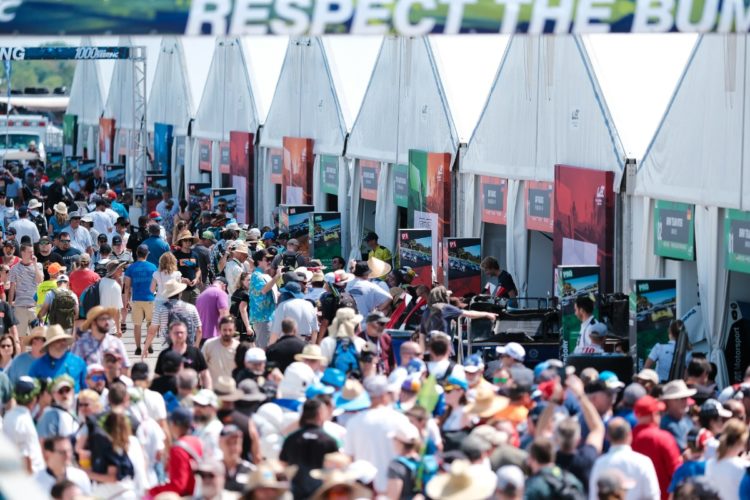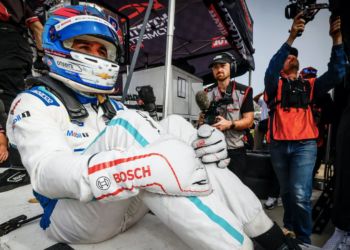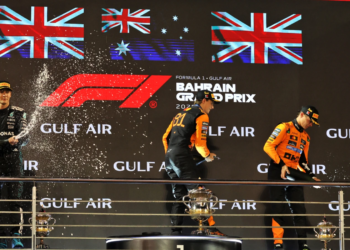When the history books are written, there’s fairly little doubt that 2020 will be remembered as the year the COVID-19 pandemic brought the sporting world to a standstill. In Europe, entire football leagues have been halted. Formula One is feeling the brunt worldwide, as is IndyCar. And unfortunately, endurance racing was not exempt from this either.
Outside of the 24 Hours of Le Mans, it could be argued that the 1000 Miles of Sebring is one of the marquee events on the FIA World Endurance Championship calendar. It’s one of the longest races after Le Mans’s twice-around-the-clock enduro, it’s held on one of the most historically significant race tracks in the world at Sebring International Raceway and as part of the Super Sebring crossover event, it shares the billing with IMSA’s Twelve Hours of Sebring, one of the jewels in endurance racing’s own Triple Crown.
The Super Sebring event was held for the first time in 2019 to huge acclaim, so all eyes were on WEC and IMSA for the difficult second album, especially given the exciting prospect of convergence between the two championships, which would take shape in 2021.
But inevitably, as the virus continued to spread throughout Europe and the United States, soon questions were beginning to be asked on whether or not the event should go ahead.
Yet, weirdly, up until about a week ago, nobody really seemed to worry. Yours truly was preparing for the trip to Florida, travel documentation in order and bags waiting to be packed.
That was until Wednesday, when things really began to unravel. It started, as most avalanches tend to do, with a minor rumble. Stories began to pop up that Cetilar Racing, the Italian LMP2 outfit, had pulled out of the WEC round amidst the outbreak in Italy, which is Europe’s hardest hit country.
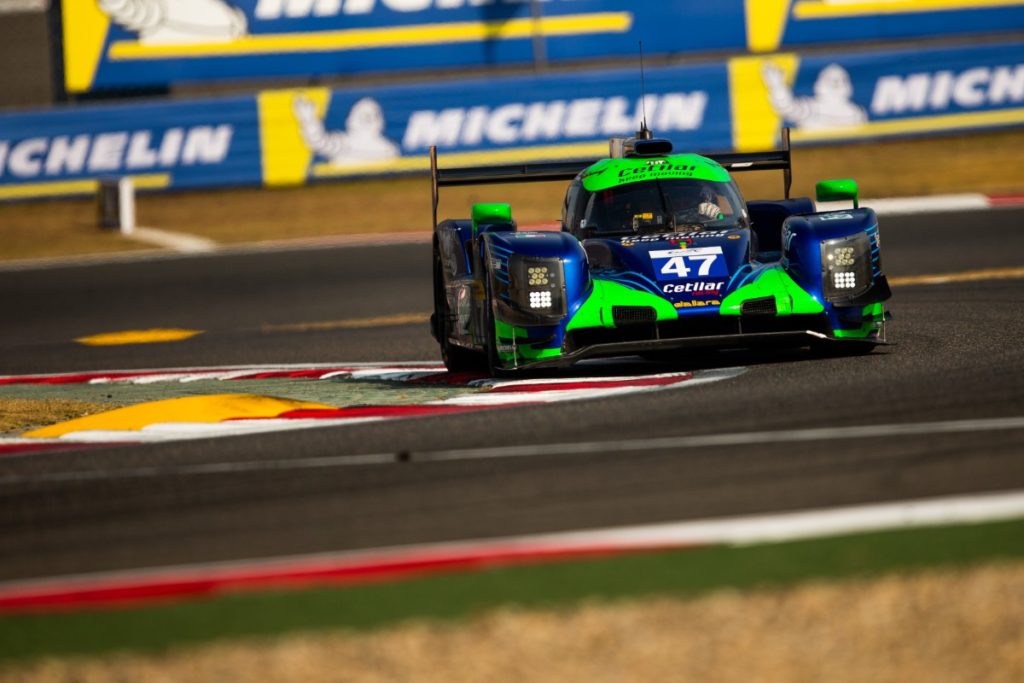
The team later confirmed to Motorsport Week that they indeed had decided to sit out the race. Multiple drivers like David Heinemeier Hansson and James Calado then began airing doubts on social media, expressing concern and saying it would be best if the event were called off. Notable detail: Calado races for AF Corse, Ferrari’s factory team and the same team that runs Cetilar Racing’s LMP2 outfit. But while the LMP2 crew would certainly not be travelling to Florida, it seemed like the GTE Pro team would.
Amidst the growing concern, it did seem like IMSA and WEC were intending for the event to go ahead. That was until two separate blows brought Super Sebring to its knees, and they both happened on Wednesday night.
First, the World Health Organization declared the COVID-19 outbreak a global pandemic, with their chief encouraging governments to take “urgent and aggressive action” to combat the virus. Hours later, President Donald Trump did just that and announced what was effectively a travel ban for Europe, restricting all incoming flights from mainland Europe for thirty days.
For all intents and purposes, this was the final blow for Super Sebring, especially for the WEC round. A large number of paddock members would be travelling in from Europe and with these restrictions now in place it would become nearly impossible for the race to take place.
The WEC then acted quickly and accordingly, releasing a statement the following morning in which it confirmed it had decided to cancel the 1000 Miles of Sebring.
“Given the large number of drivers, team staff and officials who are still in Europe and who were scheduled to travel to the USA in the coming days, it would not be possible or appropriate to stage the race in their absence,” the statement read.
“This decision was not made lightly. Our teams and officials place great value on racing at Sebring in front of its enthusiastic and knowledgeable fans,” commented Gerard Neveu, WEC CEO. “While this cancelation has been forced upon us because of the travel restrictions from Europe to USA, WEC remains committed at all times to the health and welfare of its teams, officials and race fans.
Further, the quality of every aspect of a WEC race event is at the heart of everything that we do and will never be compromised.”
IMSA then confirmed the inevitable later the same day, stating that the Twelve Hours of Sebring would not be held on Saturday, instead deciding to postpone the race to November and naming it the season finale. The idea of Sebring closing out the IMSA season is somewhat of an abnormal thought, but then again, 2020 is proving itself to be a rather abnormal year.

Gerard Neveu later confirmed in a Q&A on the WEC website that it really had been Trump’s travel ban that at caused the cancellation, saying: “Working in conjunction with IMSA and Sebring Raceway, and taking into consideration the advice from the World Health Organisation and US federal and state health authorities that we had on each day leading up to 11th March, it wasn’t necessary to take this decision any earlier.
We were going ahead. There were concerns, of course, especially regarding the situation in Italy which we were evaluating but, at 5pm yesterday [Wednesday], it was still possible at that time to race.”
Neveu also stated that the restrictions left WEC with ‘little choice’ to cancel, explaining the rationale behind the decision was focussed on the championship’s many European paddock members.
“So many members of our paddock come from within the Schengen zone that it would be impossible to hold the race without them,” he continued. “We acted quickly as so many team members – our own within the WEC and our competitors – were about to get on planes to come to Florida. We released the news as early as possible in Europe to give people warning to cancel or change plans.”
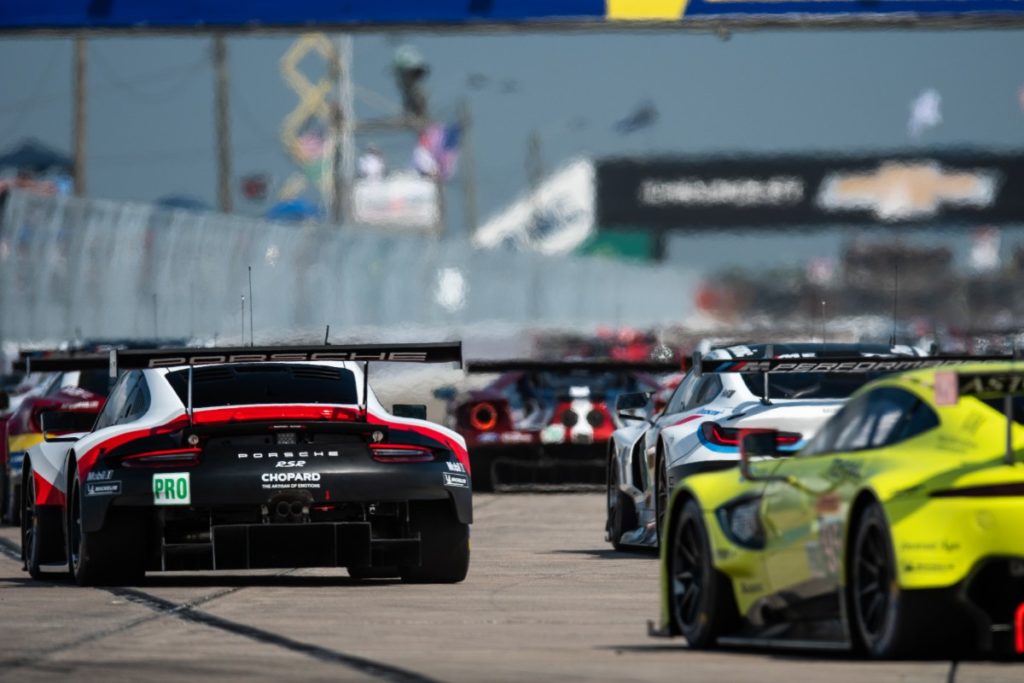
IMSA confirmed in its own statement that the decision to postpone the Twelve Hours had been made under the same reasons, as restrictions ‘will prevent a number of drivers, teams and key personnel from participation.’
Unfortunately, trouble for both championships is far from over. IMSA’s supposed third round at Long Beach has since also been postponed, with the 2020 season currently set to resume at the Acura Sports Car Challenge at Mid-Ohio in Lexington on May 1-3.
As for the WEC, it has since been forced to postpone its penultimate round of the 2019/20 season, the 6 Hours of Spa-Francorchamps, originally scheduled to be held at the end of April.
That leaves just one round on the calendar: the 24 Hours of Le Mans, and even that race appears to be in doubt as the French government introduces further measures to curb the spread of the virus. ACO President Pierre Fillon said in a separate statement: “for the 24 Hours of Le Mans, we are monitoring the situation and following instructions issued by the authorities. We shall announce our decision on 15 April. Whatever happens, the 24 Hours of Le Mans will go ahead this year.”
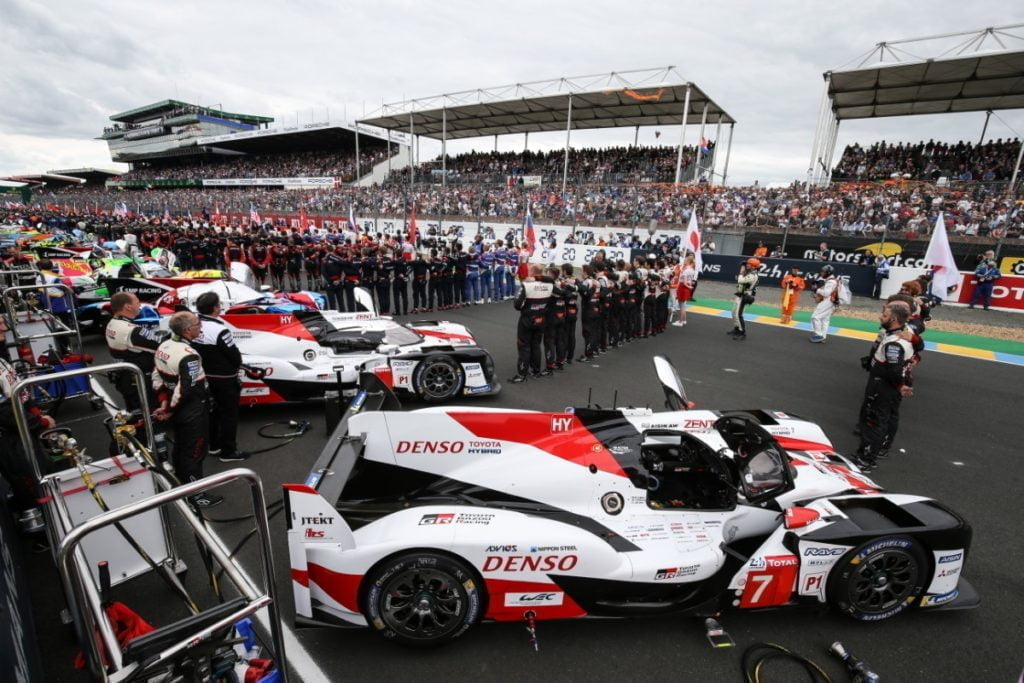
Fillon’s tone appears optimistic, but the prospect of the biggest endurance race in the world going ahead as planned seems increasingly unlikely. Last year, the race drew 252,500 spectators. Holding an event of that scope under current circumstances does not seem sensible, especially in a situation that evolves as quickly as this one does. Safe to say the ACO and FIA have a very difficult decision on their hands.
As for the rest of us: all we can do is wait…

